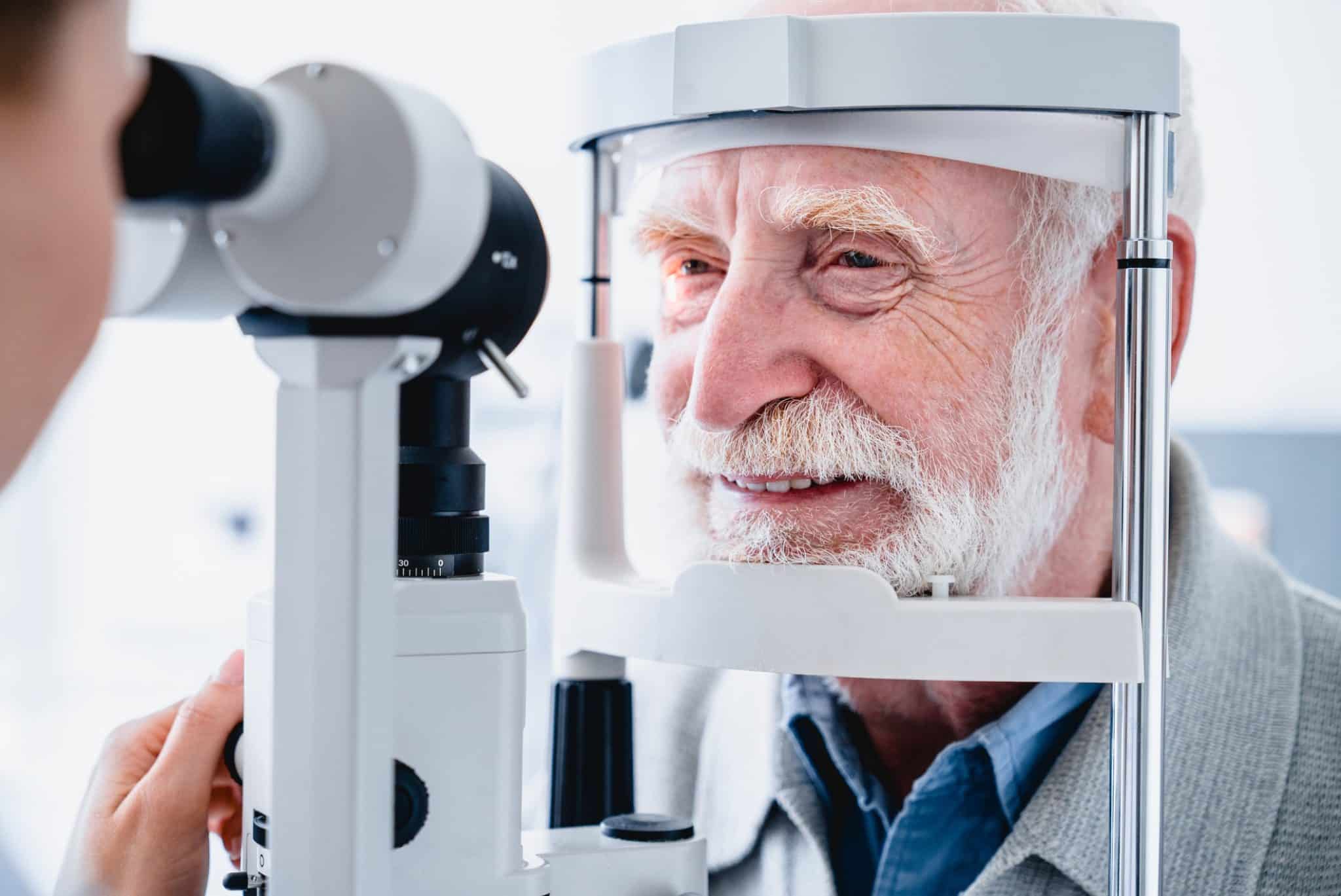Your Guide to Glaucoma – Prevention, Symptoms, and Treatment

January is nationally known as Glaucoma Awareness Month. Glaucoma is a disease that damages the optic nerve, which connects your eye to your brain. Sometimes, fluid builds up in the front part of the eye and increases pressure in the eye, causing damage to the optic nerve. If the damage continues to build up, it can lead to vision loss and blindness.
It’s one of the leading causes of blindness in older adults and a condition that often has no warning signs. With that said, it’s very important to be aware of the symptoms, early methods of prevention and treatment options.
3 tips to help prevent glaucoma
- Have your eyes checked regularly. We get regular medical check ups and dental check ups, but we often forget vision check ups. How often you need to have your eyes checked depends on your age and family history, so talk with your ophthalmologist about the best eye exam frequency for you.
- Be aware of your family’s eye health history. If your parents or other relatives have had glaucoma, your chances may increase. Knowing your family’s eye health history helps you create the best prevention plan with your eye doctor.
- Wear protective eyewear when needed. Eye injuries can lead to glaucoma, so always use protective eye wear when playing sports like racquetball, when working with power tools, or in other potentially dangerous situations.
4 common symptoms of glaucoma
- Blind spots or blurry spots in your vision, in one or both eyes
- Loss of peripheral vision and the inability to look sideways, commonly known as tunnel vision
- Headaches, eye pain, and blurred vision
- A halo effect when looking at lights
How is glaucoma treated?
There is no known cure for glaucoma, but it can be managed efficiently. If you are diagnosed in the early stages, it is possible to slow and prevent any vision loss using a combination of eyedrops, medications, and surgeries. The sooner you start treating glaucoma, the better chance you have of preventing vision loss. That’s why it’s so important to have your eyes checked regularly and to be aware of any family history of glaucoma.
Living independently with glaucoma
Losing your vision can greatly impact your quality of life, especially your ability to live independently. Many people with glaucoma no longer feel safe living at home, especially when their vision loss happens rapidly. Their loved ones also wonder whether or not their home is the most secure place for them anymore.
With that said, being diagnosed with glaucoma doesn’t mean that you have to lose your independence. There are many senior living communities that offer a secure, protected environment while still allowing residents to retain their independence, individuality, and happiness.
At assisted living communities like UMC at Collingswood, seniors with vision loss are able to live independently while having around the clock access to medical professionals, and additional support they might need. Families have peace of mind knowing their loved ones are safe, and their vision loss won’t put them at risk like it would if they were living alone.
For more information about assisted living at our Collingswood community, or any of our other communities across New Jersey, please contact United Methodist Communities today at: https://umcommunities.org/collingswood/





